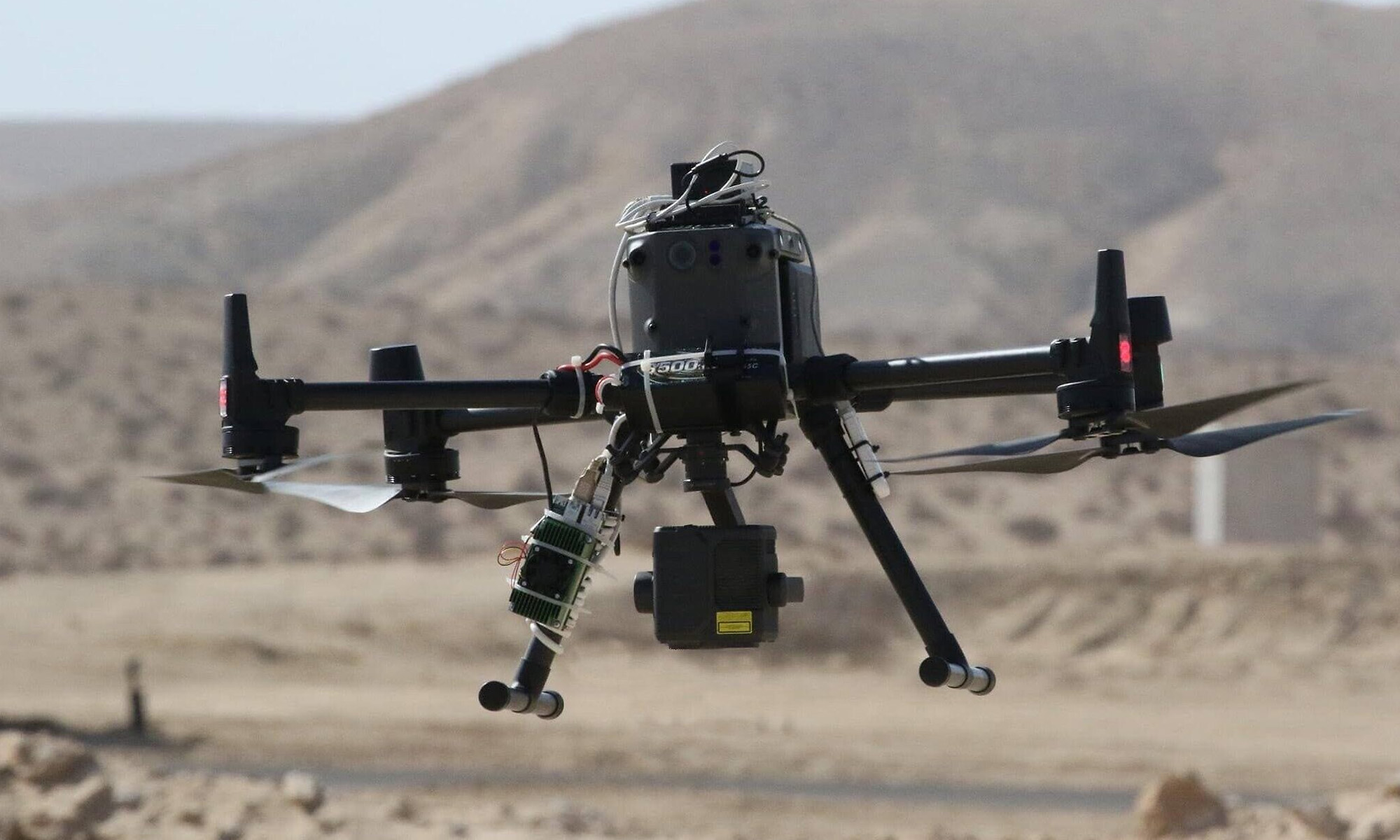News
Sightec Completes First Drone Delivery Without GPS

Some of the world’s largest retailers and e-commerce companies are actively exploring the potential of drones to deliver goods across short to medium distances. Now, Israeli startup Sightec has successfully completed its first drone delivery without GPS.
Instead of location signals provided by satellites, the drone relies on a software solution combining computer vision with artificial intelligence technologies, called NaviSight, to autonomously get to its destination.
NaviSight is compatible with all camera-equipped off-the-shelf drones. With the help of advanced video processing, the software essentially transforms the camera into a smart sensor, allowing the drone to understand its surroundings and identify its location in real-time.
“We give drones the ability to get from point A to point B safely without the need for GPS signals,” said Roy Shmuel, the CEO of Sightec. “There is no available solution today for players globally,” he added.
The test was part of a pilot program operated by Israel’s Ministry of Transport (MOT), Ayalon Highways, the Civil Aviation Authority of Israel (CAAI), and the Israel Innovation Authority. The goal of the program is to test and demonstrate the viability of autonomous drones in managed airspace.
During the test, Sightec successfully navigated the drone on five pre-determined routes near the southern city of Yeruham. “The drone completed each route safely, from take-off to full landing, over desert and construction sites,” said Shmuel.
Also Read: Apple Likely To Release 8K VR Headset In 2022
Not depending on GPS for navigation is important because GPS satellites can malfunction, and the signals transmitted by them can be disrupted by malicious hackers. Without an alternative navigation method, it would be safe to use drones for deliveries and other purposes in populated areas because they could lose signal and endanger people, buildings, and vehicles.
Shmuel also said that the test is an important step toward the legalization of drone delivery operations in Israel and other regions. However, more test flights still need to be conducted in other parts of the country before the technology is ready for prime time.
News
HiFuture Wraps Up Successful GITEX GLOBAL 2024 Appearance
The electronics company wowed audiences at the world’s largest tech event with a range of wearable and smart audio devices.

This year’s GITEX GLOBAL 2024 in Dubai saw a huge number of startups, electronics firms, and innovators from around the globe gather for the tech sector’s largest event of its kind. One company making waves at this year’s expo was Chinese tech group HiFuture, which showcased a range of products with a focus on wearable technology and smart audio.
At the HiFuture booth, the company captivated attendees with cutting-edge smartwatches like the ACTIVE and AURORA, along with a range of powerful wireless speakers, earbuds, and even smart rings. Visitors were eager to check out the sleek new designs on offer and even had the chance to test out some of the products themselves.

Among the highlights were smartwatches combining dual-core processors with customizable options. The devices blended style and technology, offering health monitoring capabilities, personalized watch faces, and advanced AI-driven functionalities, giving attendees a taste of the future of wearable technology.
On the audio front, HiFuture’s wireless speakers left a lasting impression, offering rich, immersive sound in compact, portable designs. These speakers cater to both intimate gatherings and larger celebrations, offering versatility for users. Meanwhile, the company also showed off its Syntra AI technology, which it claims “revolutionizes health and fitness tracking by combining advanced optical sensors with intelligent algorithms for precise, real-time insights”.
Also Read: How (And Why) To Start A Tech Business In Dubai
The presence of HiFuture’s leadership team at GITEX 2024 underscored the importance of this event for the company, with CEO Levin Liu leading a team of executives, all keen to engage with attendees and offer insights into HiFuture’s vision, product development process, and future direction.
Overall, it seems that GITEX GLOBAL 2024 has been a rewarding experience for HiFuture. The enthusiasm and curiosity of attendees shown to the company’s diverse range of products was obvious, with the HiFuture team leaving on a high note and clearly excited and motivated by the event.




























